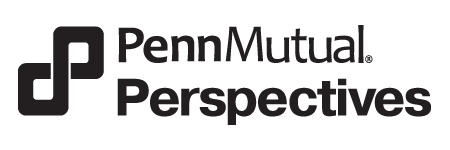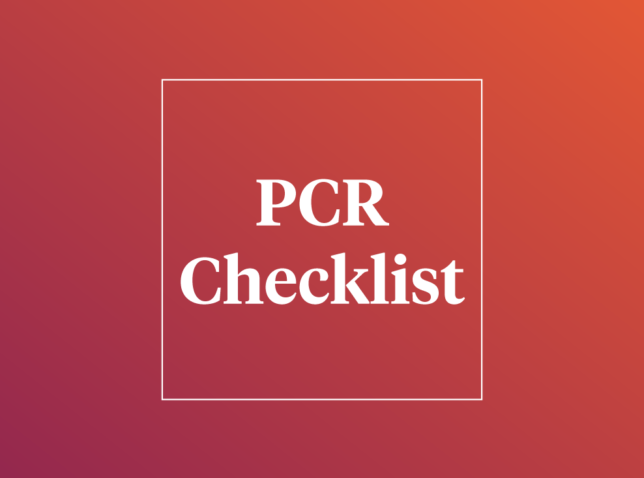When Should I Borrow from My Life Insurance Policy?
If you need to borrow money, you can go to a bank. Of course they are going to ask for your pay stubs, your income tax returns and your business plan for a business loan. Maybe they will put a lien on your house, and then charge you money for doing it! Some people might say banks are generally willing to loan you money when you don’t need it but won’t give you a dime when you do. “Bad loan risk,” they’ll say.
There’s a better way: Borrow money from yourself.
A permanent life insurance policy is an asset, one that builds up cash value over time. You can borrow from that cash value at any time. All you have to do is fill out a form and ask for a loan. There’s no credit check. We don’t ask for three years of tax returns or W-2s. It’s effectively already your money, and you are simply borrowing from yourself. Walt Disney did it when he was building Disneyland!
Using the cash value of your life insurance also has advantages over borrowing from your 401(k). While many 401(k) plans allow people to take loans, there can be considerable drawbacks, as I explained in an article on Mainstreet.com. First, a loan from a 401(k) has to be paid back over five years. Second, if you are laid off, fired or quit your job, most companies require employees to repay the entire loan within 60 days. If you borrow from your insurance policy, you don’t ever have to pay it back.
Borrowing against the cash value of your life insurance policy does decrease the death benefit and the cash value, but, if your plan is to pay it back, then it’s a great source of temporary funding. You can decide to pay the interest or you can roll the interest into your policy. You can always pay it back.
One caution: You need to make sure the policy stays in force, so that’s the one thing you must be mindful of. If the policy does lapse, then the loan may become a taxable event. Talk to your financial professional to discuss whether this approach might make sense for you.
Borrowing from the cash value is one of the many living benefits of permanent life insurance. Another little known benefit: If you become chronically ill, you can have your death benefit advanced to you for use while you’re alive. Those are all examples of living benefits.
So, when should you borrow from your life insurance policy? That’s really up to you. I’m here to tell you that you can borrow from your life insurance policy whenever you want, and that it can make much more sense than obtaining loans from other sources.
Life insurance policies contain exclusions, limitations, reductions of benefits and terms for keeping them in force. Accessing cash values may result in surrender fees and charges, may require additional premium payments to maintain coverage, and will reduce the death benefit and policy values. Loans are income tax free as long as policy is not a “modified endowment contract” (MEC) and policy must not be surrendered, lapsed, or otherwise terminated during the lifetime of the insured. Policy must not be a modified endowment contract (MEC) and withdrawals must not exceed cost basis. Partial withdrawals during the first 15 policy years are subject to additional rules and may be taxable.
This post is for informational purposes only and should not be considered as specific financial, legal or tax advice. Depending on your individual circumstances, the strategies discussed in this presentation may not be appropriate for your situation. The information in this material is not intended as tax or legal advice. Always consult your legal or tax professionals for specific information regarding your individual situation.
3131468CC_JUN22






